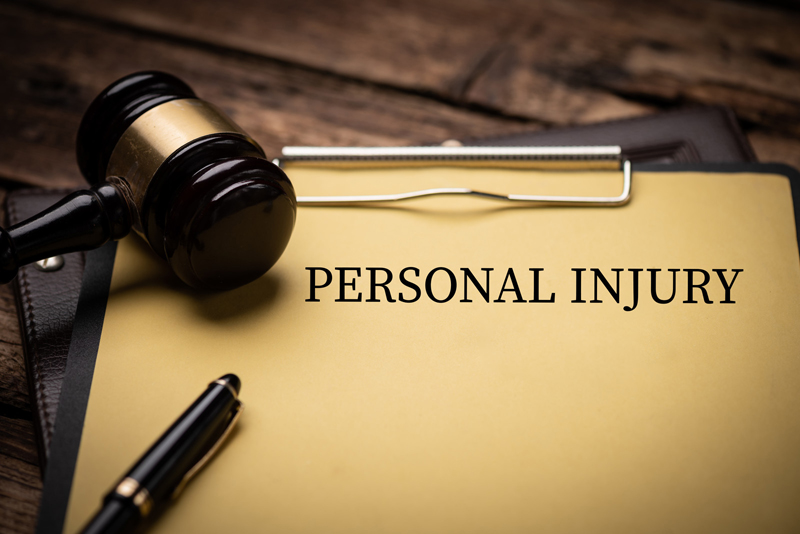In a personal injury case, a demand letter is used to settle the case, usually before filing a lawsuit in court. A personal injury demand letter explains how the insured is at-fault, the damages and injuries sustained by the plaintiff, and demands compensation. It should clearly present facts about the incident, injury, medical treatment and medical bills, with the objective of convincing the insurance company to settle the case. Drafting a strong demand letter requires good writing skills, attention to detail, and knowledge of each injury. A demand letter is prepared by an attorney representing the victim during the injury claim.
Demand letter preparation also requires reviewing medical records, as these records help establish the existence of an injury as well as its type, severity, and cause. Attorneys require medical records review services to prepare a demand letter as well as for trial preparation. The compiled demand letter will be sent to the insurance carrier with a deadline of typically two to three weeks for a response to evaluate the plaintiff’s damages.
Key Elements of a Personal Injury Demand Letter
Personal injury demand letters mainly include
- The parties involved in the accident
The parties involved in the accident, as well as their insurers need to be mentioned. Also, the at-fault party’s insurance policy number should be included, if it is known. The victim’s identity and contact information should also be included.
- Description of the accident
The description of the accident explains what actually happened, how the victim got injured, and why the at-fault party should be held liable. The description can be supported with witness statements, the police report, and medical records.
- A summary of the damages and aftermath
Summary of the accident’s aftermath focuses on the victim’s damages and injuries. This part of the letter details the trauma of the victim, any emergency care he/she received, any fear or concern that his/her family experienced, the medical conditions diagnosed, the need for ongoing and future care to recover, how painful and debilitating the injury was, whether the victim missed work during the recovery process, whether the injuries will impair the victim’s ability to work. It also covers a listing of the expenses or lost revenue that the victim has experienced such as – medical bills, lost wages, and costs to repair or replace property damage.
- Demand for compensation
The demand letter should also include the victim’s demand for compensation for his or her losses from the defendant. Typically a specific dollar amount is not stated, as this can put the insurance company in a position to make the first offer. It can also help avoid a situation where the victim’s losses increase after the demand letter has been sent.
A winning demand letter should also include details such as –
- The date of the accident
- Name of the insured and policy number, if available
- Events that led to the accident
- Explanation of non-economic damages
- Available photos of the incident
- The victim/claimant’s contact information
- A summary of anticipated future medical expenses
By including such information, the demand letter shows that the victim knows who was at fault and requests the insurer to provide the deserving compensation.
Though the demand letter initiates the settlement process, the victim may file a formal personal injury lawsuit, if the negotiation is not going anywhere. Writing a demand letter will also help to organize the case. Both plaintiff and defense personal injury attorneys can rely on medical review services to determine the nature and extent of damages and to prove/defend claims for medical expenses in such lawsuits.
The MOS team has extensive experience in preparing a flawless record summary of all medical events to help personal injury attorneys access the key points easily while preparing a demand letter, evaluate the claim and to find out key areas they can capitalize on, to prove the case. For professional support with medical records summary, talk to us at (800) 670 2809!




